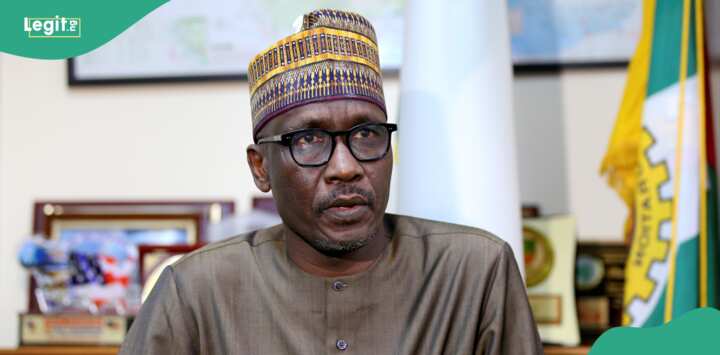The World Bank has accused Nigerian National Petroleum Company Limited (NNPC) of deceiving its shareholders about its earnings, claiming they include subsidy arrears still being deducted.
NNPC, however, said it remitted about N5.4 trillion to the nation’s coffers in October alone.
The World Bank has urged the Nigeria National Petroleum Company Limited to be more transparent about its financial gains from removing petrol subsidies.
The bank claimed the earnings cover both the impact of subsidies on Nigeria’s revenue and arrears of subsidies that are still being deducted.
The World Bank revealed this in its December 2023 edition of Nigeria Development update.
The development comes as the Minister of Finance and Coordinating Minister of the Economy, Wale Edun, announced that the federal government was ready to scrutinize NNPC’s revenue.
The World Bank has acknowledged the potential revenue gains from FX reforms, but further explanations are needed, including the fiscal benefits of petrol subsidy reforms.
The bank said: “Except for the exchange rate-related increases, however, there is a lack of transparency regarding oil revenues, especially the financial gains of the Nigeria National Petroleum Company from the subsidy removal, the subsidy arrears that are still being deducted, and the impact of this on Federation revenues.”
The report revealed that net oil revenue gains were lower than anticipated due to the removal of petrol subsidies.
But in a response to lawmakers, Mele Kyari, the NNPC Group Chief Executive Officer, said the NNPC delivered N4.5 trillion to the federal account in October 2023 alone. The NNPC boss disclosed this to the lawmakers on December 13, 2023, at the National Assembly complex in Abuja.
Kyari said. “I am glad to inform you Mr. Chairman and Distinguished Senators, that as of October, we were able to deliver N4.5 trillion into the federation account as a company to this country in 2023.”
Kyari said the national oil firm is striving towards transparency in its financials. Kyari, who President Bola Tinubu just reappointed, said that NNPC is a creation of the National Assembly, requiring that it operates transparently and profitably in line with provisions of the Petroleum Industry Act (PIA) to create value for shareholders.
Before the NNPC was restructured into a private entity, it was always accused of opaqueness. Energy policy analyst Adeola Yusuf said it was about time the company shed its old skin and embraced transparency. He said: “I don’t know what the problem is. The company has been accused of a lack of transparency for as long as I can remember. The World Bank might be right. NNPC needs to be checked.”
The World Bank has hinted that the Tinubu-led administration has partially reintroduced petrol subsidy payments. According to Alex Sienaert, the global bank’s lead economist for Nigeria, the current petrol price in Nigeria at 650 does not reflect a subsidy-free regime.


